Ruth’s world was closing in on her. She had no idea why she was suddenly struggling to see and hear. She felt alone, desperate, and vulnerable.
Ruth made her way to hospital near her village in Uganda only to find that the doctors couldn’t help her. They didn’t have the necessary equipment to treat her illness. The best they could do was refer her to the nearest hospital that did. It was 100 miles away.
In poor health and without a vehicle, Ruth had no idea how should could make her way to the city of Kampala where the facility was located.
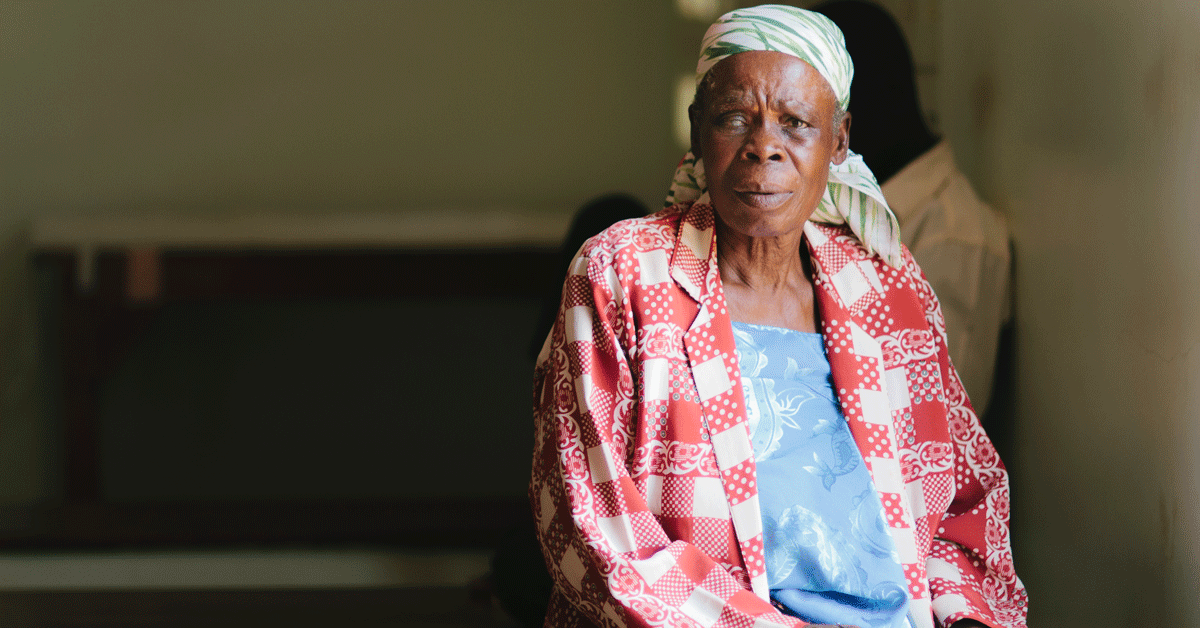
So why was her hospital so ill-equipped? What can you do to help people like Ruth? And how can you multiply your gift 33X to make any even greater impact?
Keep reading to find out the answers to each of these questions.
Without the right equipment, people are dying
Ruth lives in a poor community and, with her physical impairments, she struggles daily to simply survive. And she is not alone. In villages like hers, sickness and disease are far too common. Lack of clean water, nutritious food, and proper hygiene mean that even simple illnesses are life threatening. Add to that an absence of accessible medical equipment, and those same illnesses and accidents become absolutely deadly.
Dr. Peter Isagara works at the hospital that Ruth visited, and he is passionate about doing what he can to save the lives of people in need. But no matter how hard he and his team work, they are limited by the facility’s resources.
This particular hospital is about as bare-bones as you can get. It doesn’t have incubators, CPAP machines, oxygen tanks, diagnostic equipment, blood pressure machines, and many other essential tools.
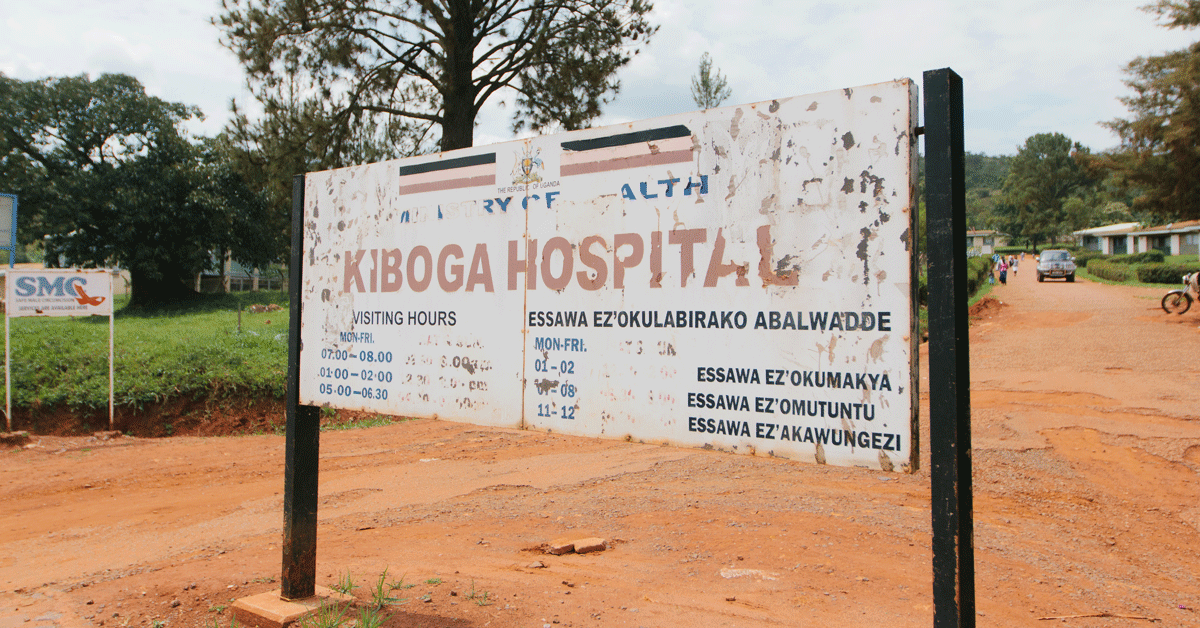
It also lacks sterilization equipment, meaning patients often contract infections like sepsis. Complications like infections cost both the hospital and the patient more money — money that neither has. And without patient monitors, nurses must be on call and in the patients’ rooms at all times, something that is impossible for this small and often understaffed clinic.
“If we don’t have equipment for certain procedures, we are forced to send our patients to other facilities,” Dr. Isagara said. “In certain circumstances, patients die before they can reach those facilities.”
This is one of the most difficult aspects of poverty. We consider basic health care to be a human right, but in countries like Uganda, medical facilities simply cannot afford many of the items needed to provide high quality healthcare. Poverty takes away all rights — even the right to life.
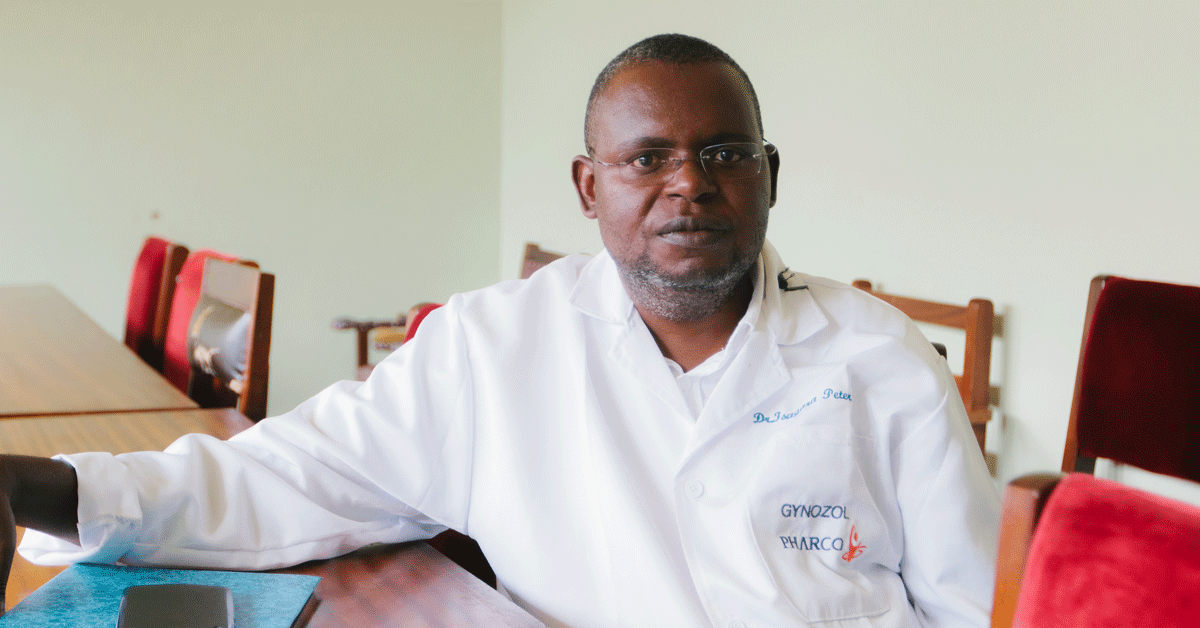
Hospitals and clinics in poor communities usually cannot afford expensive medical equipment; sometimes, the resources they need are not even available to purchase in the country. Doctors do the best they can with what they have, but Dr. Isagara will tell you that sometimes it just isn’t enough.
That’s why they need you to help ship medical aid — without it, people are dying.
The 100-mile walk
When the doctors tell someone like Ruth that she will have to travel 100 miles to get the treatment she needs, it’s not just a matter of jumping in the car for a few hours.
Because of the rough terrain, even a much shorter journey take a considerable amount of time and effort.
An eight-mile trek between villages, for example, would take four hours by foot, two hours by bicycle, or one hour by motorbike, our partner said.
Traveling 100 miles is out of the question for most people like Ruth. What they need is well-equipped facilities nearby, especially for emergencies or when women are going into labor and need immediate help.
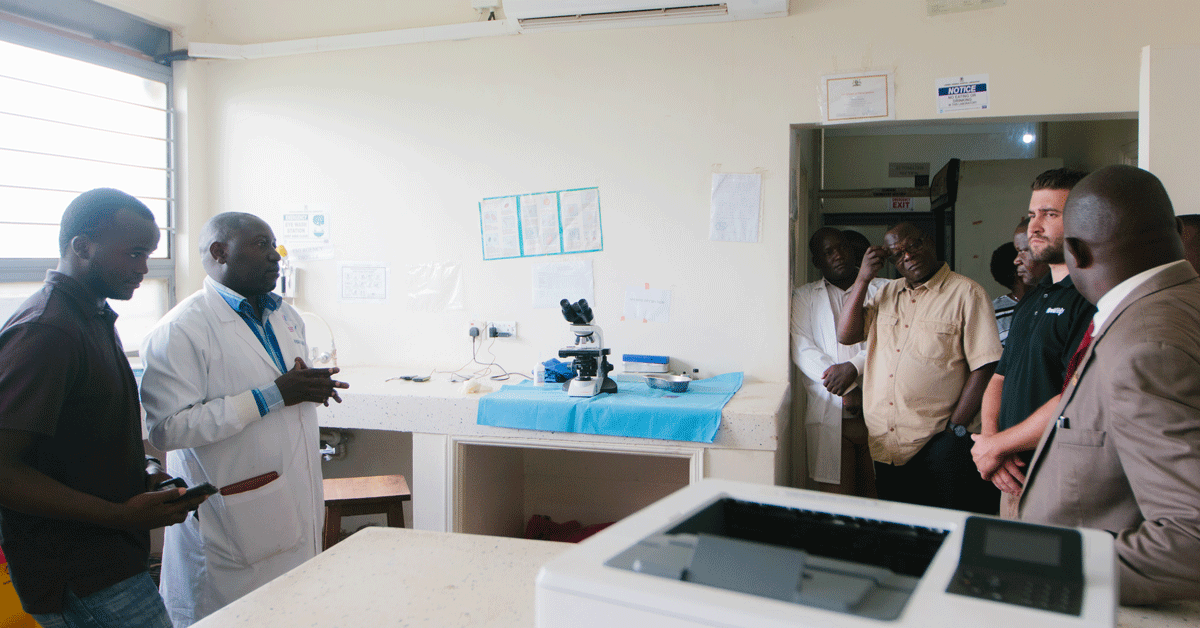
Dr. Isagara’s hospital doesn’t have a proper NICCU or neonatal facility. When a baby is born and there are complications, the staff has almost no way to treat the newborn or the mother.
“These babies often need oxygen, but we usually run out,” Dr. Isagara said. “Then, we are forced to refer the baby … but some of them don’t reach their destination.”
Doctors and medical professionals around the world take the Hippocratic Oath. In it, the doctors promise to, among other things, “apply, for the benefit of the sick, all measures that are required.” They promise to do what they can to save a life, but without the right equipment, this is a nearly impossible task.
They need your help
That is why they need your help. Thanks to generous donors, corporations, and grants, our warehouse is full of medical equipment that can help Dr. Isagara and other doctors treat patients like Ruth. But first, the equipment and medical aid needs to get there.
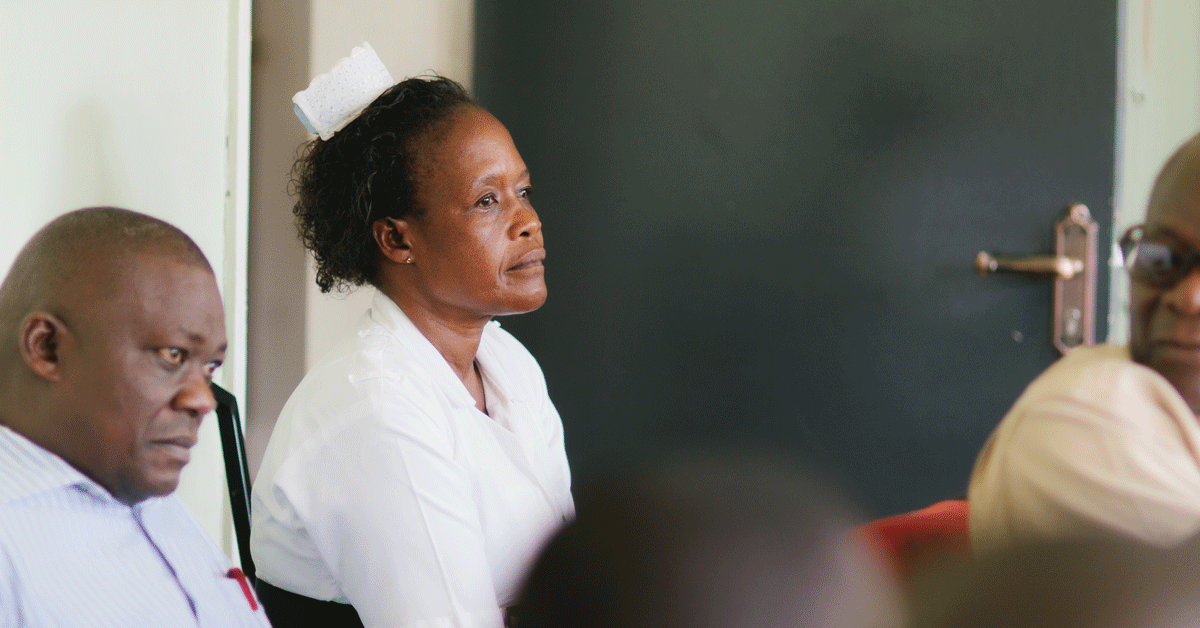
Every $1 you give to help ship supplies like food, medicine, medical equipment, and clothing is multiplied 33X! That means your $30 gift actually helps ship $990 worth of lifesaving supplies to Uganda, Iraq, Guatemala, and many other places around the world.
By helping ship these lifesaving items today, you’ll make sure that hospitals no longer have to turn away patients — and people like Ruth will no longer have to walk 100 miles to receive treatment. Your $30 will truly help save countless lives.



